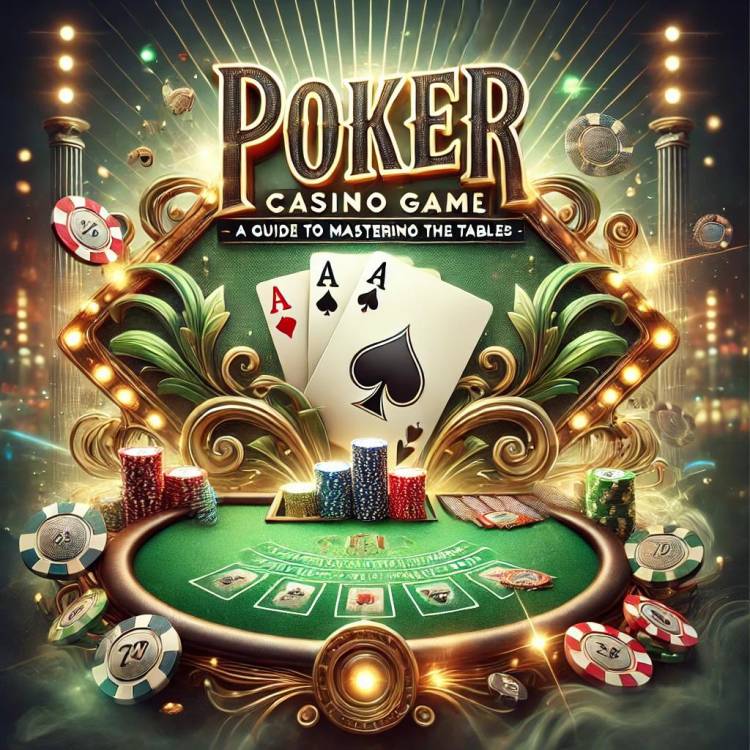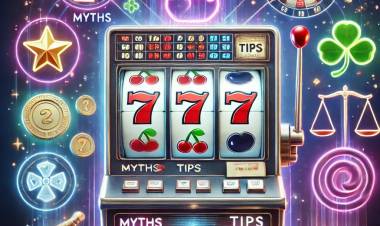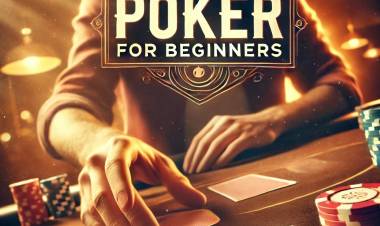Poker Casino Game: A Guide to Mastering the Tables
Poker is one of the most popular casino games worldwide, blending strategy, skill, and a dash of luck. Whether you're a seasoned pro or a curious beginner, understanding the nuances of poker can significantly elevate your gaming experience.
In this guide, we’ll delve into the essentials of poker casino games, covering the rules, strategies, variations, and tips to help you excel at the tables.
What is Poker?
Poker is a card game where players compete to create the best hand or to bluff their opponents into folding. Unlike many casino games that rely solely on luck, poker rewards skill, strategy, and psychological acumen, making it a favorite among gamblers and card enthusiasts alike.
Key Elements of Poker
-
Deck: Poker typically uses a standard 52-card deck.
-
Players: Most poker games accommodate 2–10 players.
-
Objective: Win chips or money by having the best hand or forcing opponents to fold.
-
Hands: Ranked combinations of cards such as pairs, straights, and flushes.
Popular Variations of Poker Casino Games
Poker comes in many forms, each offering unique rules and gameplay. Here are some of the most popular variations you’ll encounter in casinos:
1. Texas Hold’em
-
How to Play: Players are dealt two hole cards and share five community cards to make the best five-card hand.
-
Betting Rounds: Four rounds (pre-flop, flop, turn, river).
-
Why It’s Popular: Simple rules and widespread availability in tournaments.
2. Omaha
-
How to Play: Similar to Texas Hold’em but with four hole cards. Players must use exactly two hole cards and three community cards to form their hand.
-
Betting Rounds: Same as Texas Hold’em.
-
Notable Feature: More potential hand combinations.
3. Seven-Card Stud
-
How to Play: Players are dealt seven cards, with three face-down and four face-up. The best five-card hand wins.
-
Betting Rounds: Five rounds of betting.
-
Old-School Appeal: Popular before Texas Hold’em dominated the scene.
4. Five-Card Draw
-
How to Play: Players are dealt five cards and can discard and draw replacements to improve their hand.
-
Betting Rounds: Two rounds (before and after the draw).
-
Beginner-Friendly: Simple and easy to learn.
Basic Poker Rules
While each variation has specific rules, the general structure of poker remains consistent:
-
Dealing: Players receive cards based on the game type.
-
Betting Rounds: Players place bets, raise, or fold depending on their confidence in their hand.
-
Showdown: Remaining players reveal their hands, and the highest-ranking hand wins the pot.
Hand Rankings (from Highest to Lowest):
-
Royal Flush: A, K, Q, J, 10 of the same suit.
-
Straight Flush: Five consecutive cards of the same suit.
-
Four of a Kind: Four cards of the same rank.
-
Full House: Three of a kind and a pair.
-
Flush: Five cards of the same suit, not in sequence.
-
Straight: Five consecutive cards of any suit.
-
Three of a Kind: Three cards of the same rank.
-
Two Pair: Two pairs of cards.
-
One Pair: Two cards of the same rank.
-
High Card: The highest card when no other combinations are made.
Strategies for Winning at Poker
While poker involves an element of chance, strategic gameplay can significantly increase your odds of winning. Here are some tips:
1. Learn the Basics
Understanding hand rankings, betting structures, and game rules is crucial.
2. Start Small
-
Begin with low-stakes games to minimize losses while learning.
-
Focus on honing your skills and observing other players.
3. Play Tight but Aggressive
-
Tight: Only play strong hands.
-
Aggressive: Bet or raise decisively to pressure opponents.
4. Master Bluffing
-
Use bluffs sparingly to keep opponents guessing.
-
Pay attention to your table image and opponents’ tendencies.
5. Pay Attention to Position
-
Late Position: Acting last provides valuable insight into opponents’ actions.
-
Use positional advantage to play more hands and control the pot.
6. Bankroll Management
-
Set limits for losses and stick to them.
-
Avoid chasing losses or playing beyond your budget.
Common Mistakes to Avoid
Even experienced players can fall into traps. Avoid these pitfalls:
-
Playing too many hands.
-
Ignoring position.
-
Overvaluing mediocre hands.
-
Failing to adapt to opponents’ strategies.
Online Poker: A Convenient Alternative
The rise of online poker has made the game more accessible than ever. Here’s why it’s worth considering:
Benefits:
-
Convenience: Play anytime, anywhere.
-
Variety: Access to multiple game types and stakes.
-
Practice: Hone your skills against players of different levels.
Tips for Online Poker:
-
Choose reputable platforms with secure payment options.
-
Start with free or low-stakes games to build confidence.
-
Use tracking tools to analyze your performance.
Conclusion
Poker is more than just a casino game; it’s a test of skill, strategy, and mental resilience.
By mastering the basics, exploring different variations, and applying smart strategies, you can enhance your poker experience and potentially walk away with impressive wins.
Whether you’re playing at a physical casino or online, remember to play responsibly and enjoy the journey.
Ready to shuffle up and deal? The poker table awaits!

 oddbet
oddbet 

















Comments (0)
Facebook Comments (0)